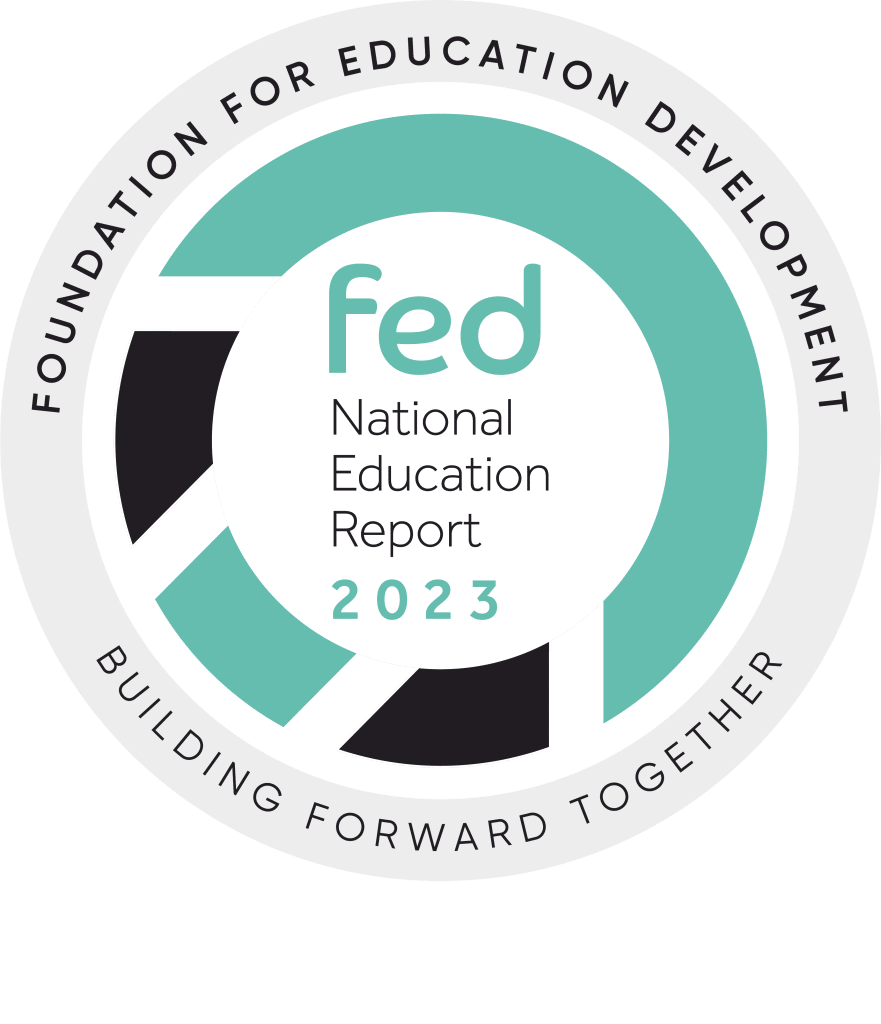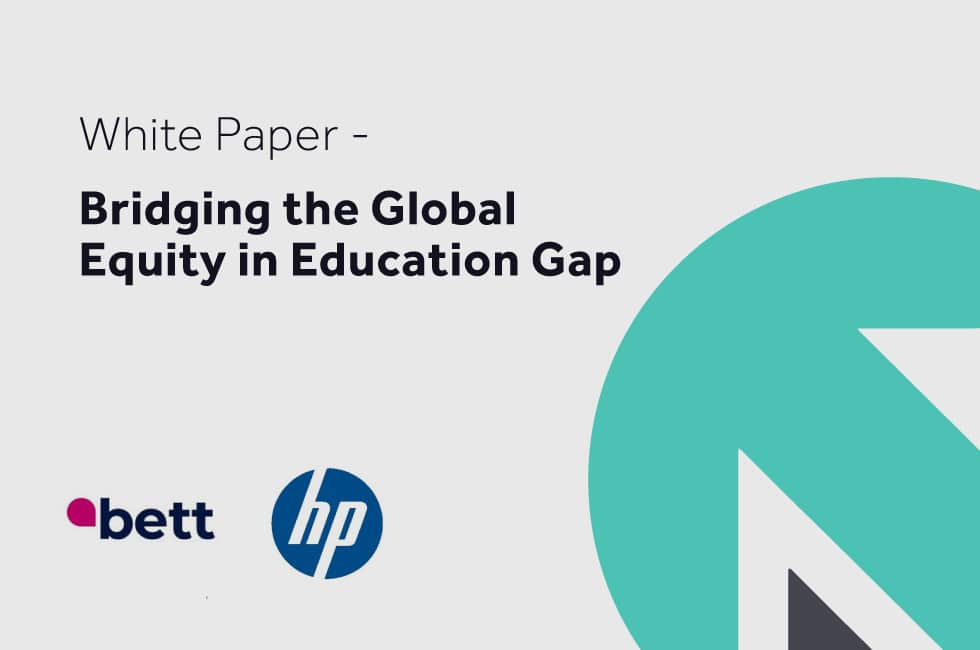The FED led the writing of a white paper on behalf of BETT, in collaboration with Charlie Radman and the team at Hewlett Packard.
In March 2023 Prof Ger Graus OBE chaired a discussion on what is required from governments, corporates, NGOs and philanthropic organisations to work towards closing the equity gap in education across different parts of the globe. The roundtable brought together academics, NGOs, corporates such as Microsoft, Intel and Google, civil servants from Europe, the MENA and financing organisations. This was the the first of a series of roundtables exploring the causes, current trends, approaches and potential solutions to providing quality education to millions more children and young people in some of the most underserved communities; supporting the UN Sustainable Development Goal of ‘inclusive and equitable quality education and lifelong learning opportunities for all.’SDG4. The second part will take place on October 3rd at BETTAsia in Bangkok.
According to UNESCO, over 260 million children – and counting – cannot access education due to geographical, sociocultural, and political reasons, including conflict, natural disasters, gender-based barriers, and political turmoil.[1] Lack of access to education hits the most vulnerable hardest – girls and women, disabled people, and those from lower-income families and rural communities, for example, are at a significantly greater risk of becoming further marginalised. The education that many can access is not necessarily fit-for-purpose, is based on archaic principles and pedagogies, and does not address the need for our learners to be digitally literate, climate aware, and equipped with forward-facing skills required to contribute to changing economies.
This first roundtable concluded with the following key recommendations:
- Change Must Happen Now: Education needs to adapt faster to our fast-paced and fast-changing world
Outdated education systems need to be modernised.
Education needs to flex to meet the needs of learners in their different contexts, and decide how the full spectrum of technology can supercharge these efforts.
The education gap is a global issue that requires local solutions.
- Learning Communities Deserve More Dignity: We must honour teachers’ and learners’ dignity to help unlock solutions
Teachers deserve more dignity than they are given.
Learners – particularly children – have the ideas and experience to unlock better education solutions, and we should seek to co-create with them.
- Commit to Long-Term Partnerships: Long-term collaborative thinking is needed to target action effectively
Collaborations which involve a synthesis of learner, teacher, parent, elected representatives, academics, employers, and more will help transform education Systems.
Long-term funding is required, focusing on using education to deliver the other sustainable development goals.
[1] https://uis.unesco.org/en/topic/out-school-children-and-youth



